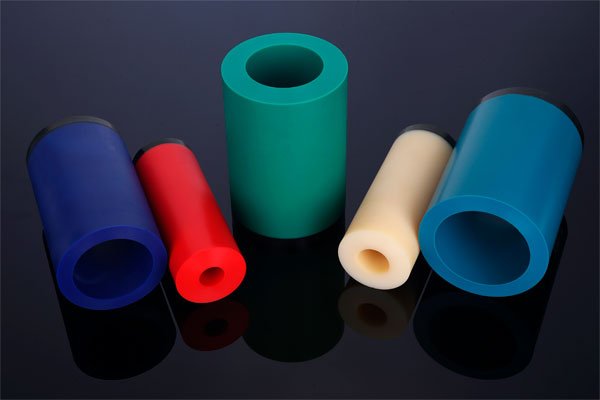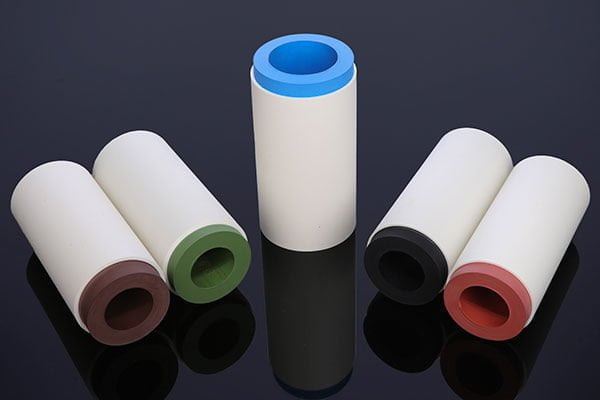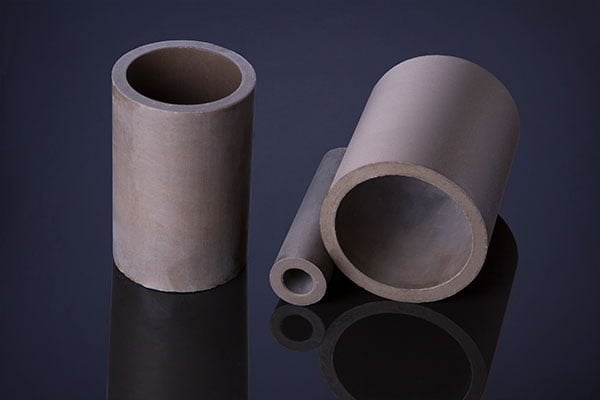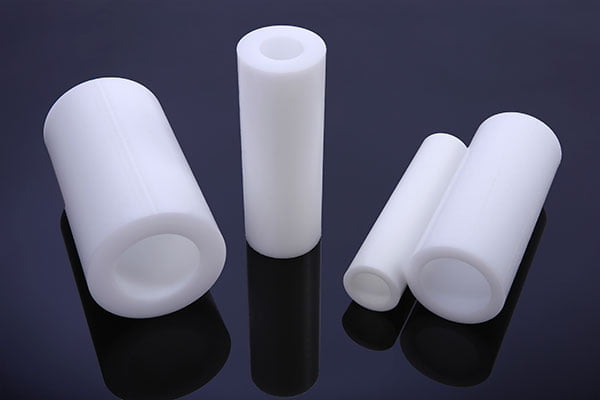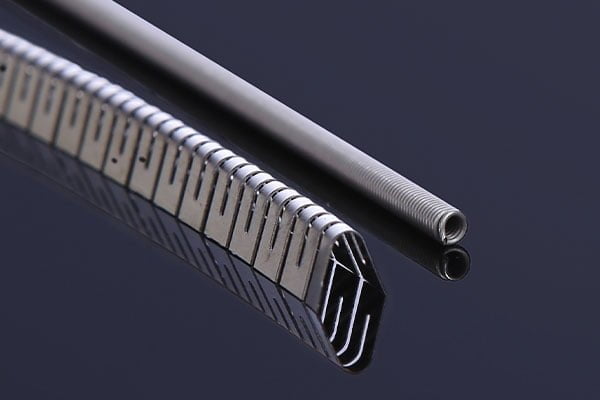Home » Materials
SEMI-FINISHED MATERIALS
FOR SEAL MAKING
Different types of tubes for the production of seals
In modern industry, sealing materials play a crucial role in ensuring the reliability and durability of equipment. Various types of materials are selected based on operational conditions and specific sealing requirements. Here is a brief overview of the most popular materials for seals:
- H-PUR (Hydrolysis-resistant polyurethane) – A high-strength material known for its excellent wear resistance and ability to withstand extreme pressures and impact loads. It is ideal for use in hydraulic systems and heavy machinery.
- NBR (Nitrile butadiene rubber) – The most commonly used material for seals due to its resistance to oils, hydrocarbons, and fats. NBR is suitable for the automotive and oil and gas industries.
- EPDM (Ethylene propylene diene monomer) – Notable for its resistance to weather conditions, ozone, and ultraviolet light, making it ideal for outdoor applications.
- FKM (Fluoroelastomer) – A material with the highest chemical resistance and ability to withstand high temperatures, used in aviation, the automotive industry, and chemical production.
- MVQ (Silicone or methyl vinyl ketone) – Excellently handles extreme temperatures and is known for its flexibility at low temperatures.
- PTFE (Polytetrafluoroethylene) – Known as Teflon, this material has exceptional chemical resistance and a low coefficient of friction, making it ideal for applications involving high speeds and loads.
- POM (Polyoxymethylene) – Features high mechanical strength, stiffness, and dimensional stability, making it an excellent choice for precise mechanical applications.
Choosing the right material for a seal depends on many factors, including the chemical environment, temperature, pressure, and dynamic loads. Each of the materials listed can offer unique advantages according to the specific requirements of the application.

